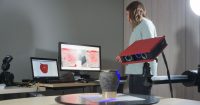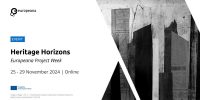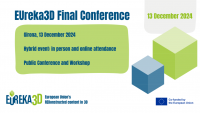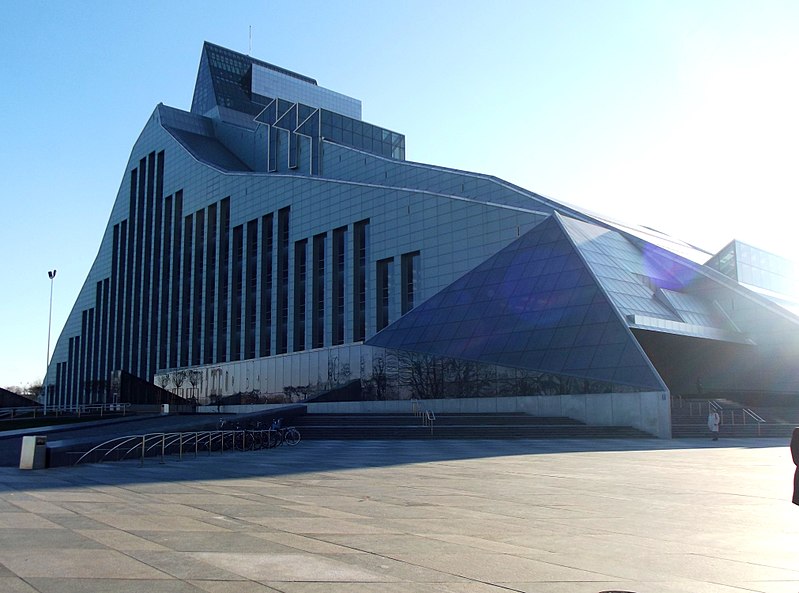
img. Līga Landsberga [CC BY-SA 3.0 (https://creativecommons.org/licenses/by-sa/3.0)] Wikimedia commons.
ELAG is the European Library Automation Group and the next 44th ELAG conference will take place in Riga, Latvia from 09 to 12 June 2020.
You can contribute to the ELAG conference in several ways by submitting:
- A presentation proposal: They are the core of the ELAG programme. Presentations allow you to present your work in 25 minutes in a plenary session. After which there are 5 minutes for questions.
- A workshop proposal: Workshops are run throughout the main ELAG programme and are used for group discussions on a selected topic. The workshop leader acts as the moderator of these discussions. Workshops are split into 2 sessions on 2 days of 1.5 hours each. On the last day the participants of the workshop need to present a short 10-15 minute summary about the results of the workshop during the plenary session.
- A bootcamp proposal: Bootcamp start on the day before the conference. They typically provide hands-on training on software, tools relevant to the community. Bootcamps can be short (2-3 hours) or take a whole day (6 hours).
Some ideas and previous topics for workshops and bootcamps: DevOps & infrastructure bootcamp, Fail4Lib (history of fails in your software projects), deep learning in libraries, a deep dive into tools like Ansible, Apache Nifi, and Catmandu; or other!
Guidelines for conference presentations, workshops and bootcamps are available at: https://wp.me/P5cYg0-s
To submit a presentation, workshop, or bootcamp proposal, please complete the form here: http://bit.ly/ELAG2020cfp.
The deadline for proposals is February 12, 2020. All proposals will be reviewed by the ELAG 2019 Programme Committee, and the results of the review process will be sent by March 11, 2020.
If you have any questions or concerns, please reach out to Peter van Boheemen, Chair of the ELAG 2019 Programme Committee, at peter.vanboheemen@wur.nl.


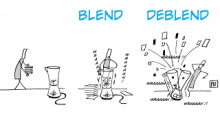



 If you have interesting news and events to point out in the field of digital cultural heritage, we are waiting for your contribution.
If you have interesting news and events to point out in the field of digital cultural heritage, we are waiting for your contribution.








